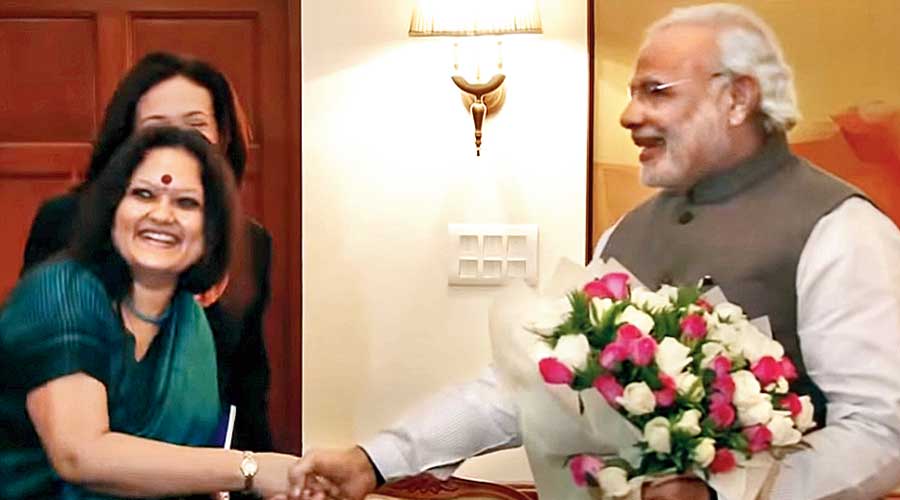Business and ethics need not share a complementary relationship. The political storm that is raging over a report in The Wall Street Journal alleging that Facebook had condoned hate-mongering by individuals or groups affiliated to the Bharatiya Janata Party to protect the company’s business interests in India reveals the uneasy ties between business and ethics. The Opposition has, quite correctly, demanded an investigation into the charges by a joint parliamentary committee. Some Facebook employees are also expected to be summoned by a committee of the Delhi assembly to scrutinize the social media firm’s role, if any, in the riots that shook India’s capital city earlier in the year. These investigations must be fair, transparent and, most importantly, immune to political pressure to arrive at the truth. There is merit in the argument for such probes. Social media has edged out traditional — more reliable — media platforms as a primary source of information. Facebook, by some estimates, has over 300 million users in India. This makes social media companies particularly attractive to regimes that seek to distort narratives for ideological or political gain. A quid pro quo arrangement between digital behemoths and ruling regimes is thus not unheard of. Facebook’s conduct has strengthened such suspicions. There is a shocking lack of consistency in Facebook’s regulations when it comes to rooting out toxic content. In a deposition in Singapore, the company stated that it can only bring down offensive posts when they are brought to its notice. In India, in spite of several such complaints, Facebook, reportedly, chose to look the other way.
The issue leads to some disturbing conclusions. Digital technology, which can be transformative in a meaningful way when used ethically, is increasingly becoming a prisoner of dubious political agenda. This is true on a global scale. It only goes to show that the dissemination of such technology must be accompanied by enhanced public awareness that would empower users to identify and then reject spurious news. This collective commitment is important since social media companies, evidently, cannot be relied upon to do the job themselves. Facebook, allegedly, pandered to hate speeches even though its owner believes, at least officially, that a line must be drawn against inflammatory content. There could be another way of combating fake news. Politicians must reinvest in the older ways of mass contact — the good old jan sampark model — to help truth reach the people. The reach and seductive ease of digital technology seem to have introduced a degree of inertia in mass campaigns. India’s political fraternity must — like M.K. Gandhi did all those years ago — learn to take the road, once again.











